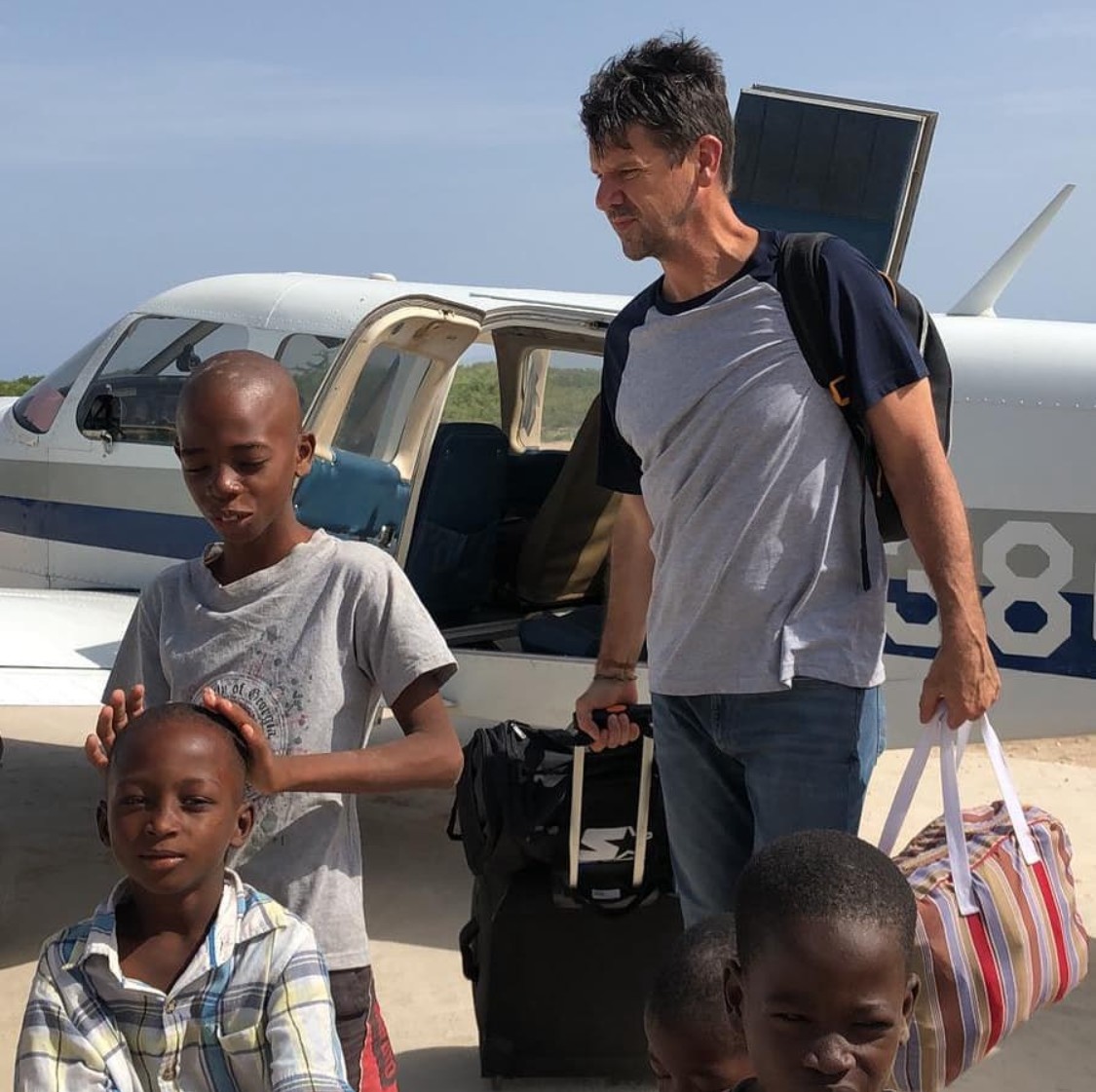Alright – so today we’ve got the honor of introducing you to Thomas Morgan. We think you’ll enjoy our conversation, we’ve shared it below.
Thomas, appreciate you joining us today. We’d love to hear about a project that you’ve worked on that’s meant a lot to you.
It is difficult to pick one. I get so attached to all of the people who allow me to step into their lives and tell their story.
One that is top of mind now is the film that is just starting it’s festival run titled Chicho, A Dreamer. I was doing some work for an amazing clinic in Park City called Peoples Health Clinic and interviewed Jose (Chicho). He told me his amazing story of coming across the border as a scared twelve year old boy with his mother, going to school and not speaking the language and making through university– all while living with the unsurety of being a DACA recipient (Dreamer). The value that he has added to his community to provide healthcare to the working poor is so inspiring. He volunteered to work in the COVID testing trailer so that people with families where safe. Just an amazing individual that literally doesn’t know if he will be legal or illegal when his renewal comes up every two years.
This strength, optimism and the dedication to provide for those in his community is really special. I worry about what the future holds for him.. I hope this film is timely in changing the way people see him, and all of those who work to keep our communities and businesses going across the country, who don’t have citizenship. He is truly what every American should aspire to be– and he is, in every sense of the word accept the legal, a true American.
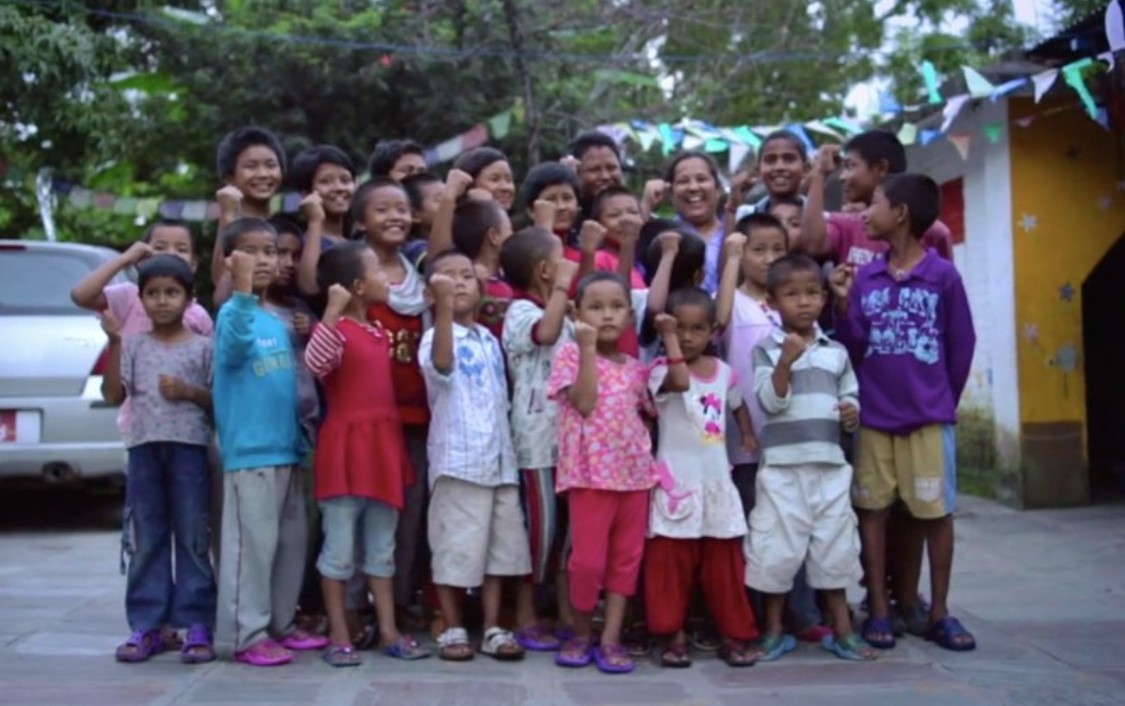
Awesome – so before we get into the rest of our questions, can you briefly introduce yourself to our readers.
I was not always a filmmaker. I never went to film school, in fact when I contemplated film I remember my father saying “people like us don’t do things like that.” So into my adult life, it was a dream that I never thought that I would be able to pursue.
In late 2009 I was in New York. I was working on a Green Energy banking project. The man that I met with was Malcolm Bricklin– who is a serial entrepreneur and has had a very colorful career with absolutely no regrets. As we talked through his deal he asked me what I really wanted to be doing. I was caught off guard, it was like he could somehow tell that while my thoughts were on the deal my heart was somewhere else. I told him that I always wanted to be in film as I thought it was a way to make social change– to see an issue from a different side. I had also just done some research into the issue of homelessness in the US but at this point in my life I could never make this change. I was married with 3 kids (in 2011 we had our 4th)
Malcolm was so calm and sincere. He said you will only get one chance at life. You can go for it and make it a wild adventure or you can do what everyone expects and go out thinking “what if.” and that we all have this decision to make– every day. That was unnerving. That realization really ate at me.
I went home from that meeting and I said to my wife I know this sounds crazy but I want to quit my job, downsize our entire life and make a movie about homelessness. I sat expecting her to laugh or to just tell me to go back to work. Instead she said “Of course.” When I asked her if she was sure she said “How are you going to tell your kids to chase their dreams if you never chase yours? Let’s try.” And from there– my career in film began.
My first film was Storied Streets. We conducted over 400 hours of interviews with the homeless population from LA to New York. With that film I was invited to speak twice to Congress and several times on Capitol Hill about the issue. WE used the film to help get 2 emergency shelters made and change laws in 5 cities that had criminalized homelessness.
With the film Waiting for Mamu we built the first orphanage to an international standard in Nepal. The subject of the film, Pushpa Basnet, went on to win the CNN Hero of the Year in 2012 and Hero of the Decade in 2015. With Soufra, which was a New York Times and LA Times critics pick, we built a school inside a refugee camp in Beirut (which I was told could never be done). And many others that I have been involved in. All of the films are used to help those who tell their stories and to leave them better than we found them. They tell us what we can do to help and we do everything we can to make it happen.
Now I am working on the next iteration as I move to narrative (scripted) features that tell these stories but in a way that everyone will watch– not just those who are empathetic to a particular cause. If I can take a serious issue and use storytelling that entertains but also makes people question their current view that issue, I think this will be a huge breakthrough. I think film is the greatest medium to do this. I am hopeful as I make this leap.
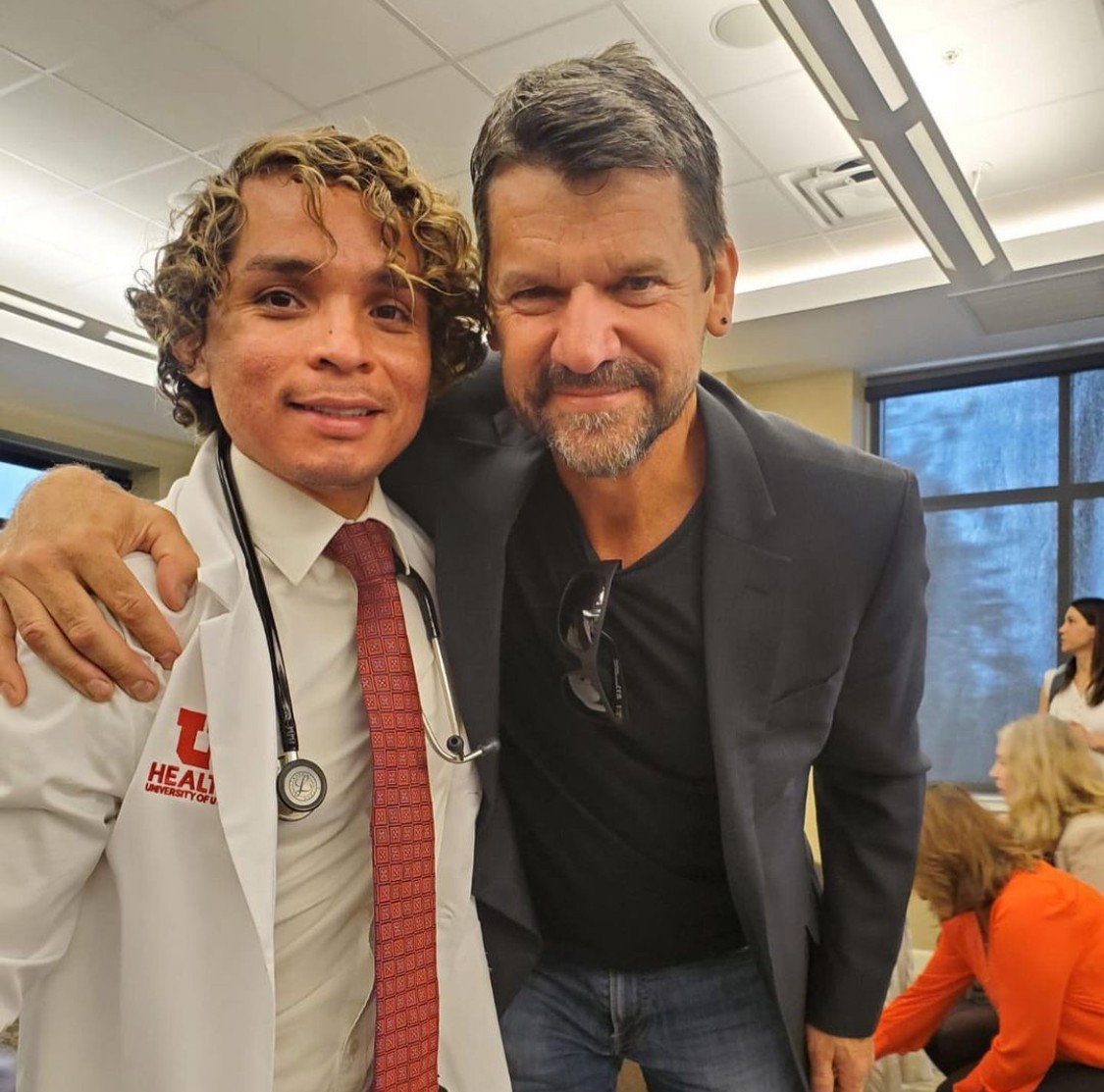
Is there a particular goal or mission driving your creative journey?
My goal is always to leave the place better than I found it, and the people with more resources and hope. I am just a megaphone to their amazing stories. I am humbled that I get to step in their lives and tell their story. At the end of my life I just want people to say “that guy cared.”
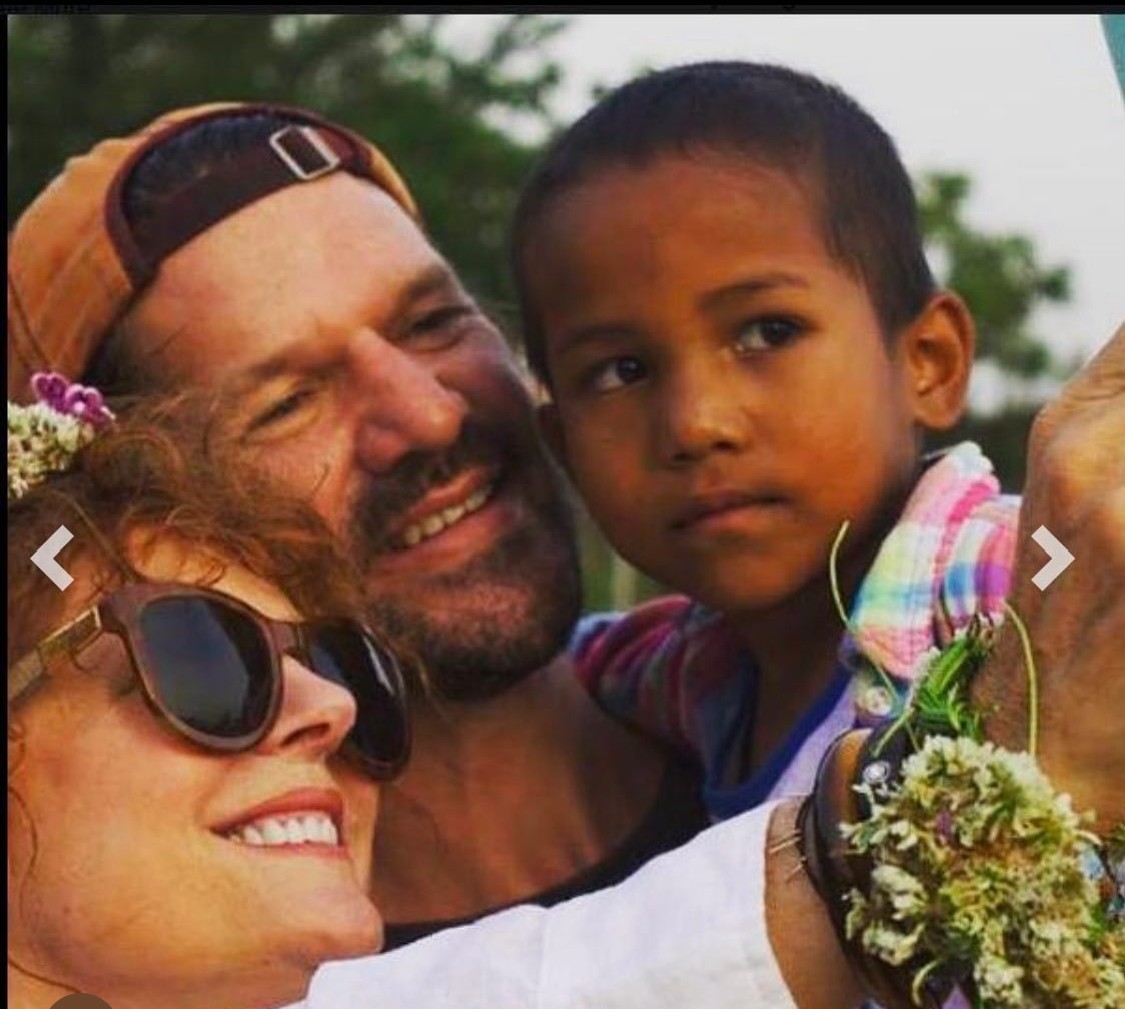
In your view, what can society to do to best support artists, creatives and a thriving creative ecosystem?
Support local or smaller artists. If you go to the movies today you see the same stories told by the same studios over and over again. Independent film really struggles because studios and streamers are not artists, they are business people who are more worried about making mistakes than they are willing to take a chance on a new idea.
Film festivals are great examples. If you go to many of the bigger festivals you will see 8 films from Netflix, 6 from Amazon, 4 from HBO etc (the names are the same but the number of films may change). The festivals are run by people who want to insure it is a financial success so of course these are the films they are going to take– they are also SPONSORS and send the celebrities to the festivals. But what is “independent” about a fully funded $50 million production? Nothing! These have just become a cheap way to promote their films (many of which come out on their streaming platforms the same day they premiere at the festival).
Most festivals have removed the word “Independent” from their festival name. There are a few like Anchorage International Film Festival, Port Townsend Film Festival, Bend Film Festival and Woods Hole Film Festival that have managed to keep the art of independent film alive– and surprise– people love it.
If their is a film festival, a gallery, a museum for local artists or a theater in your area that supports local, independent art– please go. Please take your friends. You will be amazed at the work that is done with so little funding and it is truly the only way it continues.
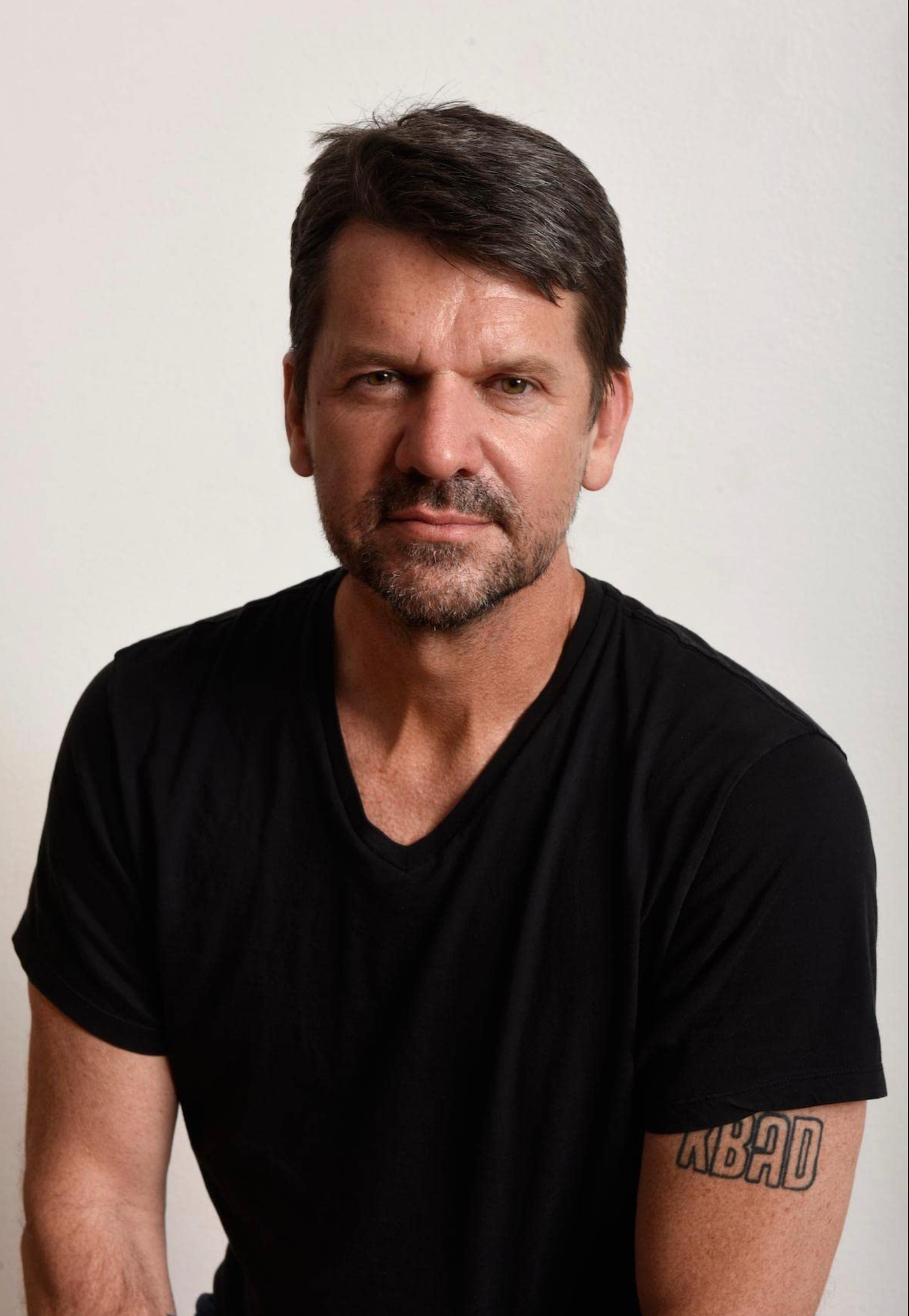
Contact Info:
- Website: squarezerofilms.com
- Instagram: tmorganfilms
- Linkedin: https://www.linkedin.com/in/thomas-morgan-b43479a0/


